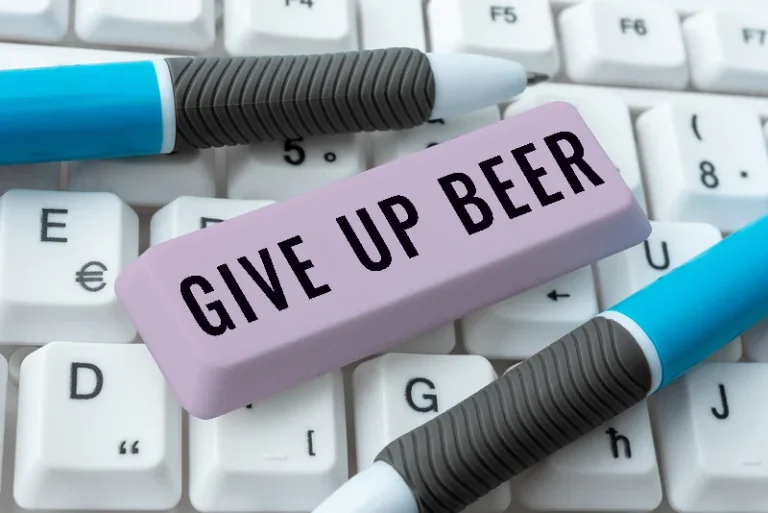
Instead, set a small goal for yourself, such as walking around the block. Olivine is a Texas-based psychologist with over a decade of experience serving clients in the clinical setting and private practice. Feeling connected to and a part of a community can help to prevent and alleviate symptoms of depression. Participating healthy ways to cope in community activities, such as school groups, neighborhood activities, religious group functions, sports or hobbies, and other areas of interest can be beneficial. If you or someone you know are having suicidal thoughts, dial 988 to contact the 988 Suicide & Crisis Lifeline and connect with a trained counselor.
Daily routines to tackle anxiety
- Simply close your eyes for a minute and walk yourself through a peaceful scene.
- It’s okay to seek more support if you are having a hard time curbing your cravings this way.
- But just because they’re simple does not mean that they’re easy.
- Pay attention to how you feel throughout the day- things that make you feel good and things that make you feel bad.
- A highly sensitive person is someone who feels emotions and sensations more intensely.
However, with consistent effort and the implementation of effective coping strategies, the intensity and frequency of cravings often diminish over time. These treatment options should be pursued under the guidance of a qualified healthcare professional or addiction specialist. They may be used in combination with other therapies and support systems for the best possible outcomes. Outpatient recovery programs like Eleanor Health provide comprehensive treatment services within a compassionate setting. Medication helps manage uncomfortable symptoms while you focus on getting better. If you experience these feelings or behaviors for several days in a row and are unable to carry out normal responsibilities because of them, seek professional help.
long-term strategies for coping with anxiety

Relaxation has many benefits, including decreased heart rate, respiration, blood pressure, muscle tension, and analytical thinking. In addition, relaxation helps with anxiety, cumulative stress, energy, concentration, insomnia, and psychosomatic disorders such as headaches, asthma, and ulcers (Bourne, 2015). Adaptive coping strategies include actions and behaviors such as active planning and positive reframing to work through stress, resulting in improved outcomes (Gloria & Steinhardt, 2016). In contrast, maladaptive strategies, such as denial, venting, and substance abuse, often result in undesirable consequences.
Make Time for Leisure Activities
Be mindful of the things you can control and work on accepting the things that you can’t control. Learn to set healthy boundaries and to focus on your work-life balance. So stop to smell the roses, peep at the autumn leaves https://ecosoberhouse.com/ or watch a gaggle of geese swim around — the idea is to take a moment to appreciate your surroundings. And a dose of vitamin D from the sun can also help alleviate stress levels (just make sure you wear sunscreen).
Taking Control.

You can knock out a few birds with one stone — spending time with other people and doing something new — by volunteering and giving your time to someone or something else. Depression can tempt you to isolate yourself and withdraw from people you love and trust, but face-to-face time can help wash away those tendencies. The memory of a job well done may be especially powerful against unhelpful self-talk and overgeneralization. Instead of compiling a long list of tasks, consider setting small goals. Setting and accomplishing these goals can provide a sense of control and accomplishment and help with motivation.
Consider a walk around the block
This guided meditation is highly recommended and is often used to start classes if students are stressed. In Positivity, Barbara L. Fredrickson discusses personal upward spirals. She says, “People who enjoyed more positivity in their lives were more able to cope with adversity in an open-minded way. Coping with life’s challenges is what epic history is made of. Abraham Lincoln overcame crippling depression, then called melancholia, to become president of the United States. By Amy Morin, LCSWAmy Morin, LCSW, is a psychotherapist and international bestselling author.
- Exercise, distraction, and mindfulness are other positive ways to handle tension or release anger.
- But building time for leisure into your schedule could be key to helping you feel your best.
- Walking, running, yoga, or any form of exercise you enjoy, can release natural mood-lifting chemicals.
- Once you know your biggest stressors, you can work to eliminate them or build resilience to them.
- Further, attributional and explanatory styles may affect a person’s choice of coping style.
Her books, including “13 Things Mentally Strong People Don’t Do,” have been translated into more than 40 languages. Her TEDx talk, “The Secret of Becoming Mentally Strong,” is one of the most viewed talks of all time. There are many ways you might decide to tackle a problem head-on and eliminate the source of your stress. In some cases, that may mean changing your behavior or creating a plan that helps you know what action you’re going to take. Getting your blood moving releases endorphins and can improve your mood almost instantaneously. They’re especially important when you’re under a lot of stress.
Resilience affects stress and anxiety

Anchor Breathing

Leave a Reply